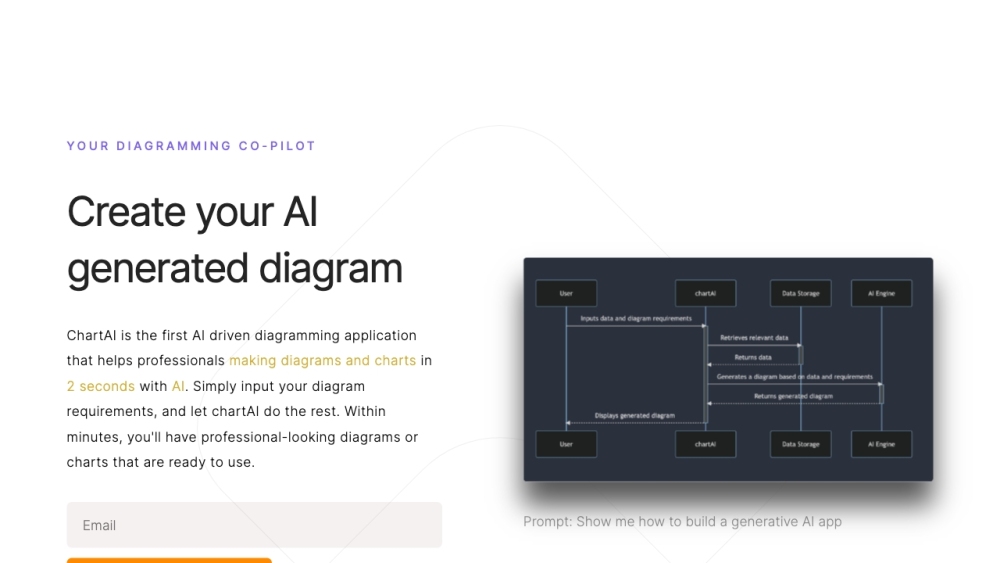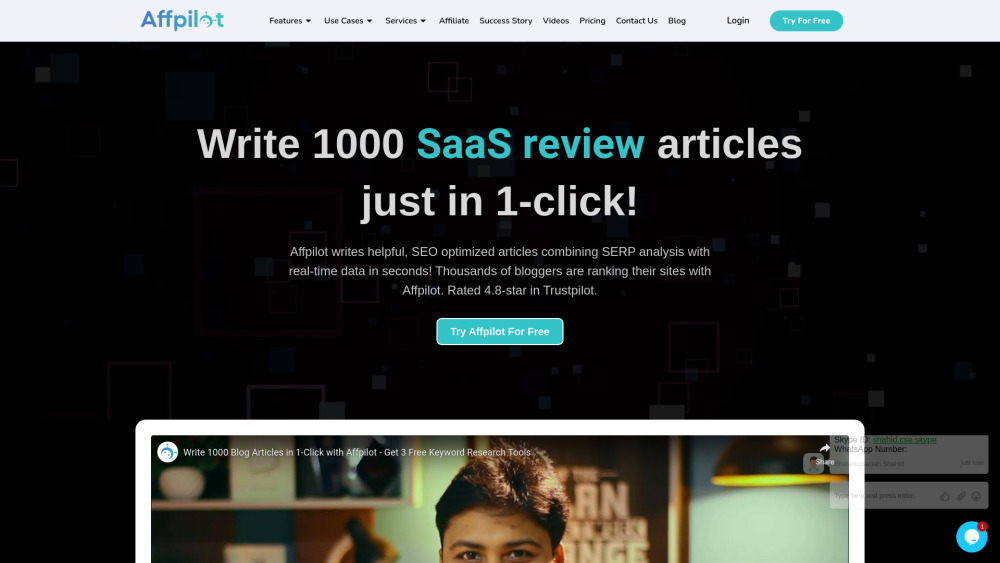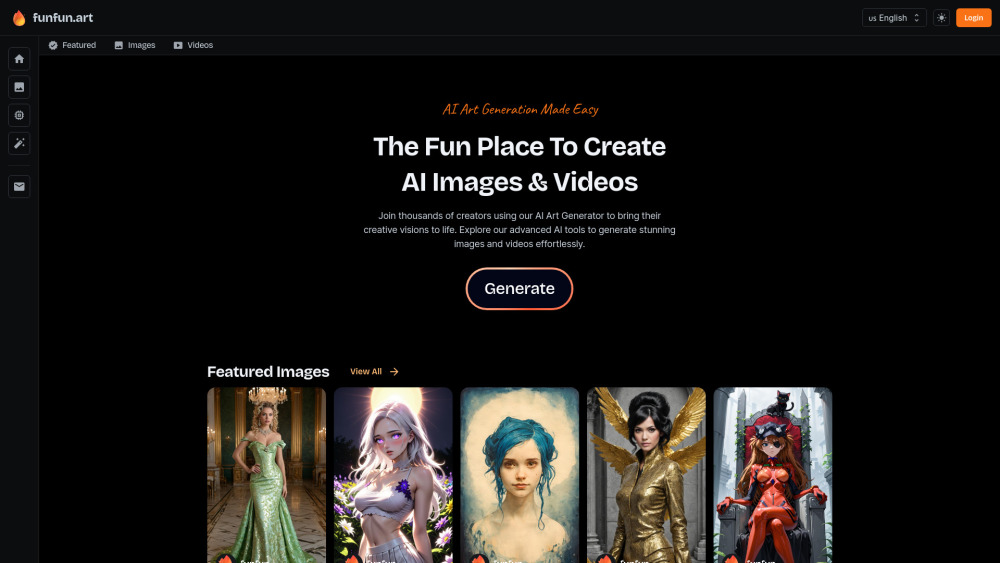Canva has made a significant move by acquiring Leonardo.ai, a startup specializing in generative AI content and research, as part of its strategy to enhance its AI technology stack. While the financial details of the acquisition remain undisclosed, Canva co-founder and Chief Product Officer Cameron Adams indicated that the deal consists of a combination of cash and stock. All 120 employees of Leonardo.ai, including its executive leadership, will be integrated into Canva.
"Leonardo will operate independently within Canva, concentrating on rapid innovation and research and development, now bolstered by Canva’s extensive resources," Adams stated. "We will continue to offer all of Leonardo’s existing tools and solutions. This acquisition is designed to accelerate Leonardo’s platform growth and bolster user adoption, particularly through an expanded API business and investment in foundational model research and development."
Based in Sydney and founded in 2022, Leonardo.ai originally focused on video game asset creation, emerging from a team that met while working in the gaming industry. However, the company has since broadened its focus to assist in various applications, including creating and training AI models for image generation across sectors like fashion, advertising, and architecture.
Currently, Leonardo.ai provides collaboration tools, a private cloud for model storage, and APIs that enable clients to enhance their tech infrastructure using Leonardo’s platform.
Leonardo.ai sets itself apart from other generative AI art platforms by offering users a higher level of control, co-founders Jachin Bhasme, J.J. Fiasson, and Chris Gillis shared in an interview last December. For instance, the innovative Live Canvas feature allows users to enter a text prompt and sketch their desired outcome. As users sketch, Leonardo.ai generates a photorealistic image in real time, guided by the text and sketch inputs.
The specifics of how Leonardo.ai trains its proprietary generative models, such as its flagship model Phoenix, are not entirely clear. This raises important questions regarding the legalities of training models on copyrighted material without permission. In response to inquiries, Leonardo.ai's PR stated that its models are developed using “licensed, synthetic, and publicly available/open source data.”
Canva has shown strong support for creators embracing generative AI, pledging $200 million over the coming years to compensate creators who agree to let their content be used in training the company’s AI models.
A Commitment to AI for Growth
Leonardo.ai boasts over 19 million registered users and has facilitated the creation of more than a billion images. Adams noted that Leonardo.ai will bolster Canva’s Magic Studio generative AI suite. Prior to the acquisition, Leonardo.ai had successfully raised over $38.8 million from investors such as Smash Capital, Blackbird, Side Stage Ventures, TIRTA Ventures, Gaorong Capital, and Samsung Next.
“We aim to integrate Leonardo’s innovative technology into Magic Studio, which is something we’re truly excited about,” Adams explained. “This could involve enhancing existing Magic Studio tools or introducing new generative AI capabilities powered directly by Leonardo’s models within Canva. Although it’s still early, we’re eager to explore what this collaboration will bring for our users leveraging AI on Canva.”
Since December 2022, Canva has aggressively invested in generative AI tools, beginning with its copywriting assistant, Magic Write. As the company prepares for an IPO, it has accelerated its development initiatives through internal projects and strategic acquisitions. In February 2021, Canva acquired Kaleido, a company known for its drag-and-drop background removal service for images and videos, which laid the groundwork for many of Canva’s recent generative AI advancements.
Leonardo.ai enables users to customize and create artwork through experimental AI modeling.
This acquisition marks Canva’s eighth overall and its second this year, following its purchase of U.K.-based design firm Affinity for approximately $380 million just three months prior. Canva’s portfolio also includes presentations startup Zeetings, free stock photo platforms Pixabay and Pexels, and the Czech-based product mockup app Smartmockups.
Founded in 2012, Canva has successfully raised over $560 million, most recently achieving a valuation of $26 billion, and is generating close to $2 billion in revenue. The platform serves more than 180 million monthly users worldwide.
“It represents a significant and logical progression in our mission to create the most comprehensive all-in-one visual AI solution,” Adams stated. “We are committed to developing an AI-powered workflow encompassing generative tools for image and design creation. Merging that Canva workflow with new generative capabilities will not only differentiate our AI offerings but also provide exciting possibilities for our expanding community of teams and enterprises using Canva.”




